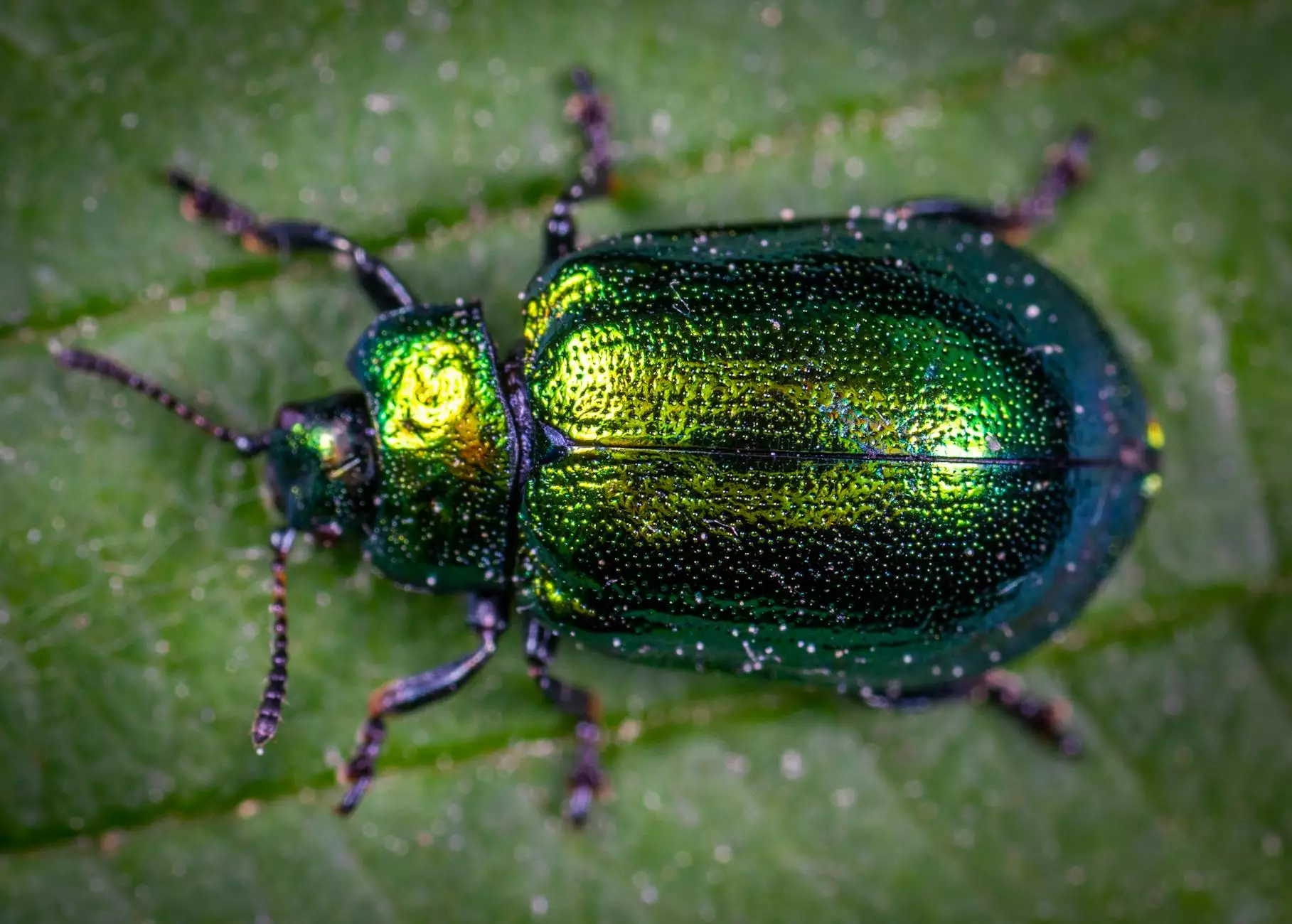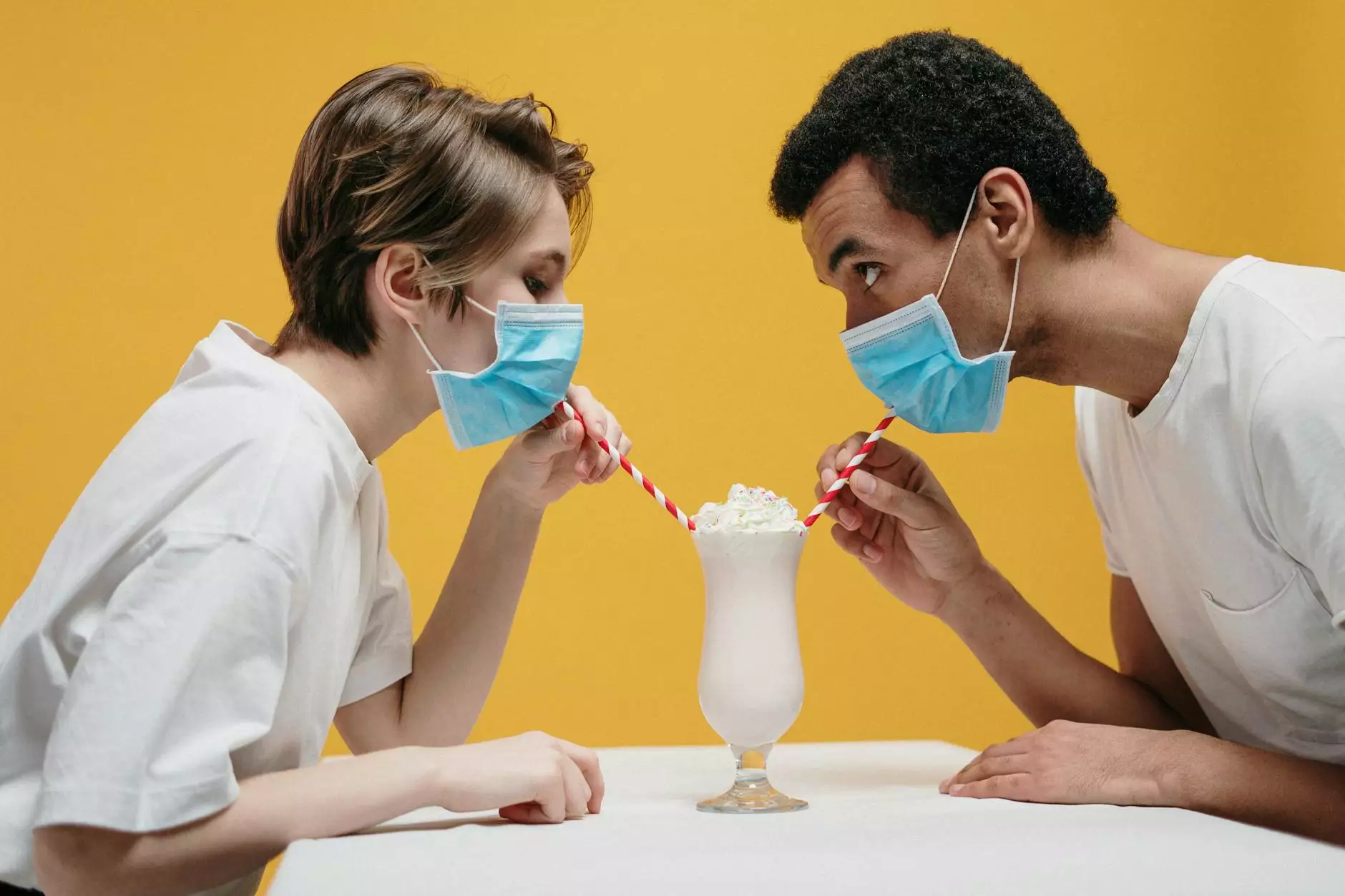Protect Yourself Against Bug Bites and Stings
Health
The Importance of Bug Bite and Sting Prevention
When spending time outdoors, especially in areas with abundant insects, it's vital to protect yourself against bug bites and stings to maintain your health and well-being. These tiny creatures can cause various discomforts, including itching, pain, allergic reactions, and even transmit diseases. By taking proper precautions, you can minimize the risks associated with bug bites and stings.
Understanding Common Bug Bites and Stings
There are several common bugs that can cause bites and stings, including mosquitoes, ticks, fleas, bees, wasps, and spiders. Each bug bite or sting may result in different symptoms, requiring specific treatment approaches. Knowing the characteristics and habits of these insects can help you identify potential risks and take appropriate preventive measures.
Prevention Strategies for Bug Bites and Stings
1. Avoid Peak Activity Times
Many bugs are most active during dawn and dusk. If possible, try to limit outdoor activities during these times to reduce your exposure to potential bites and stings.
2. Use Effective Repellents
Apply bug repellents containing DEET, picaridin, or oil of lemon eucalyptus to exposed skin to repel insects. Wearing clothing treated with permethrin can also provide added protection. Remember to follow the product instructions carefully.
3. Cover Up
Wearing long sleeves, long pants, socks, and closed-toe shoes can significantly reduce the areas where bugs can bite or sting you. Opt for light-colored clothing to make it easier to spot insects.
4. Check for Ticks
After spending time in wooded or grassy areas, thoroughly check your body for ticks. Pay close attention to areas such as armpits, scalp, groin, and behind the knees. Promptly remove any ticks you find to prevent potential infections.
5. Keep Your Surroundings Clean
Eliminate or minimize bug-attracting factors around your home or outdoor areas. Remove standing water, repair screens, and seal any cracks or openings that bugs may use to enter your living spaces.
Treatment and Relief for Bug Bites and Stings
1. Washing the Affected Area
For most bug bites and stings, gently washing the area with soap and water is the first step to prevent infection. This helps remove any venom or residual irritants left by the bug.
2. Applying Cold Compresses
A cold compress can reduce swelling and relieve itching or pain caused by bug bites or stings. Apply a clean cloth soaked in cold water or use an ice pack wrapped in a towel for 10-15 minutes at a time.
3. Using Over-the-Counter Remedies
Over-the-counter creams or ointments containing ingredients like hydrocortisone or calamine can help alleviate itching and inflammation associated with bug bites and stings. Follow the product instructions for proper usage.
4. Seeking Medical Attention
If you experience severe symptoms such as difficulty breathing, widespread rash, or signs of an allergic reaction, it's crucial to seek immediate medical attention. Some bug bites or stings may require specialized treatment.
Conclusion
Protecting yourself against bug bites and stings is essential to ensure your health and well-being, particularly when spending time in outdoor environments. By following preventive measures and knowing how to properly treat bites or stings, you can minimize the discomfort and potential health risks associated with these encounters. Make sure to consult with medical professionals or occupational health experts like Muir Diablo Occupational Medicine for personalized advice and comprehensive support.









